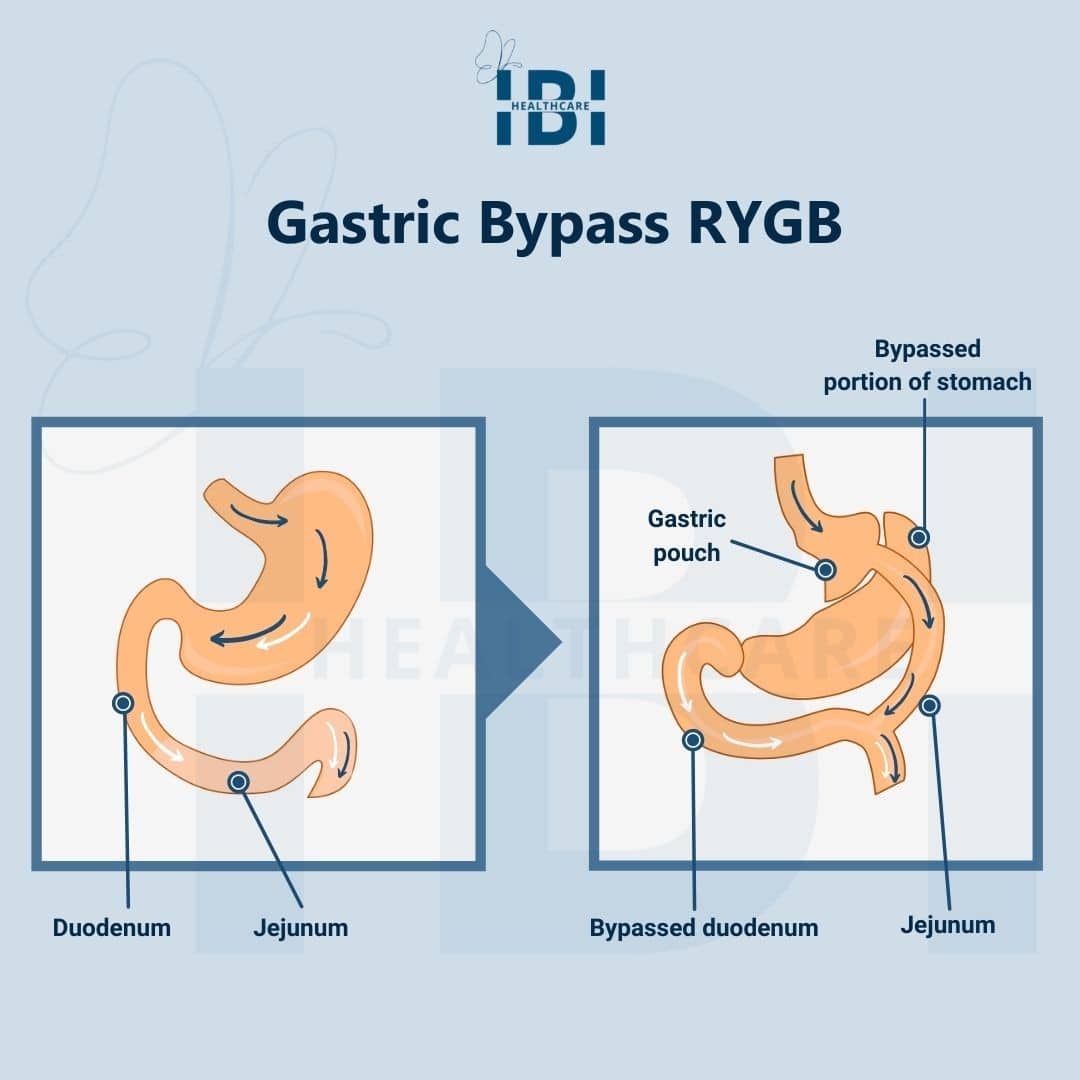Vitamins after Bariatric Surgery are very important. Specifically, Vitamin B1, B12, Iron, Calcium, and Vitamin D are essential for preventing post-op malnutrition and deficiency-related complications.
When your body is missing critical vitamins and minerals it can alter your mood, affect focus and energy levels, as well as cause deficiency-related diseases. Obtaining enough of the necessary vitamins and nutrients the body needs is hard enough for an average person, and is challenging for bariatric surgery patients.
Why Do Bariatric Surgery Patients Have to Take Vitamins?
Bariatric surgery changes the size of the stomach, causing individuals to eat less. Additionally, the surgery alters the digestive system, preventing the thorough absorption of nutrients from ingested foods. As a result, the body can’t capture many of these and even it critically needs them.

What Happens if You Don’t Take Vitamins after Gastric Sleeve or Other Weight Loss Surgery?
The main objective of bariatric surgery is to improve one’s health, and proper nutrition is required to achieve this. To function properly, the body needs to be provided with the necessary nutrients. While some nutrients can be obtained through meals, others will need to be supplemented.
Usually, the doctor or weight loss clinic will monitor your nutrient levels as well as set up a schedule and dosage lineup of vitamins for you to take. You must take your vitamin regime seriously and strictly follow it to avoid malnutrition and deficiency-related complications.
What is the Most Important Nutrient after Bariatric Surgery?
There are three very important components after surgery:
- Macronutrients are proteins, carbs, and fats that will be tracked using daily goals or limits.
- Micronutrients: This is a big word that means vitamins and minerals, but unlike proteins, carbs, and fat, your body only needs a small amount of them. Macro is a prefix that means “large” and micro is a prefix that means “small”. Do not be confused, however, thinking that because the body only needs a SMALL amount, those micronutrients are unimportant because a deficiency can cause BIG problems.
- Water: After weight loss surgery, you must remain hydrated because dehydration is the reason bariatric surgery patients most often re-enter the hospital. You will be tracking your daily liquid intake to ensure you are getting the recommended amount. Most doctors recommend carrying around a 64-oz container of water and sipping on it throughout the day, except for 30 minutes before and after meals.
What Vitamins & Micronutrients are Deficient after Bariatric Surgery?
The short answer to this is your body may become deficient in any vitamin or nutrient that you do not provide through a supplement after bariatric surgery. Let’s look at what vitamins and minerals you need to keep your body healthy as this will provide you the guidelines of what to look for when choosing supplements.
Vitamins B for Bariatric Patients
Vitamin B1 (or thiamin) helps turn food into energy and aids in growing healthy hair, skin, and the health of your liver. A thiamin deficiency will cause fatigue, fitful sleep, irritability, and abdominal discomfort.
Vitamin B12 is instrumental in the creation of new red blood cells and helps keep the nervous system functioning properly. B12 deficiencies can be asymptomatic but eventually lead to overall weakness, lightheadedness, the feeling of pins and needles, heart palpitations, vision changes, and more.
Micronutrients for Bariatric Patients
Our growth and development require iron, which our bodies use to make hemoglobin, a protein found in red blood cells. This protein transports oxygen from the lungs to all parts of the body. Iron is used by our bodies to manufacture certain hormones and has a plethora of other important functions.
In the United States, iron deficiency is an astonishingly common condition among the general public and more so among patients who have had bariatric surgery. An iron deficiency can begin with dizziness, general fatigue, feeling light-headed, a rapid heart rate or palpitations, brittle nails, and more. A chronic iron deficiency will eventually lead to anemia which can cause even more severe complications and possibly even death.
Calcium and Vitamin D can both be derived from dairy products. A calcium deficiency can cause memory loss, muscle spasms or numbness, and tingling. A good source of Vitamin D is 15 (safe) minutes in the sun each day. Vitamin D helps keep our bones strong and healthy and increases the absorption rate of vitamin C. Vitamin D deficiency signs can cause muscle weakness and bone pain.
Video: Benefits of B12 Injections
List of Essentials for Bariatric Patients
Additionally, if patients tolerate them well, they start their supplement regimen with chewable tablets and then move on to orally taking supplements. Furthermore, special bariatric multivitamins can significantly reduce the number of pills you need to take. It is important to ensure that the vitamins being consumed contain at least:
- 18mg of iron.
- 400 mcg of folic acid.
- 3,000 IU of vitamin D.
- 2mg of copper.
- 12 mg of thiamin.
- 200% for most, if not all, of the vitamins and minerals listed on the label of the daily recommended dose.
- 500 mcg per day of vitamin B12 (cobalamin or methylcobalamin). B-12 dissolves in the mouth and chewable tablets are the most commonly used.
- 1500 mg per day calcium citrate. Normally taken in 500 mg doses 3 times a day. You need to take calcium separately from iron because calcium inhibits iron absorption. We recommend that you take both at least two hours apart.
- 18 mg per day of iron. Taking iron in tandem with vitamin C helps the absorption rate. Take at least 2 hours apart from calcium.
Which Multivitamin is Best for Bariatric Patients?
Bariatric patients must take vitamin supplements for the rest of their lives to ensure that their bodies receive the 24+ micronutrients required to function properly. They need to take larger dosages of certain micronutrients like B vitamins or minerals, such as calcium and only trace amounts of others.
Today, specialized multivitamins for bariatric patients exist. They tailor these to provide optimal dosages of key nutrients, reducing the need for multiple daily supplements. We recommend following guidelines from the American Society for Metabolic and Bariatric Surgery (ASMBS) when buying one.
Do I Have to Take Vitamins Forever after Weight Loss Surgery?
After surgery, it is important to add them to your daily routine. Your doctor or nutritionist will help you figure out the right amounts you need and the best ways to obtain them.
Currently, patients have a wide range of products to choose from that offer solutions to many challenges faced by weight loss surgery patients. Furthermore, these solutions are available in pill form, chewable form, drinkable form, and patch form. Moreover, with a combination of these different forms, patients can reach their daily dosages.
Make Your Supplement Routine Easy
Taking them regularly can increase endurance. Choosing that work for you and staying on a schedule will result in success.
To learn more about weight loss procedures, contact IBI Healthcare Institute. Additionally, our team of experts can answer your questions and help you achieve your overall health goals. Reach out now!









